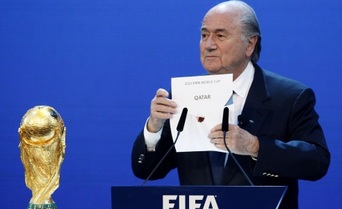
Ireland has committed to bidding for the Rugby World Cup in 2023.There have been several posts on this blog relating to that bid - which are summarised here. Despite the consensus view that countries do not benefit financially from hosting these mega sports events, it is still remarkable that many countries still seek to host them. In Ireland's case one of the primary reasons put forward for bringing the Rugby World Cup is that it would provide a substantial boost to tourist numbers. (It's worth noting that the assumptions and figures are not publicly available).
A new paper in Applied Economics by Heather Mitchell and Mark Ferguson Stewart called "What should you pay to host a party?" (requires a subscription), considers the relationship between tourism and three football World Cups and five Olympic Game. The authors find very little positive effect. This is worth bearing in mind for the Irish bid.
The paper suggests another reason why governments may be willing to support bids for large sports events and this is based on significant evidence that these events are associated with greater happiness levels in the host country. The paper argues that governments are seeking to generate a feel good factor that can be turned to political gain. There may be something in this but it is a gamble because bids are made many years in advance of hosting an event and governments may be providing a boost to future governments that may not include their own parties. Admittedly this is only a problem in democracies.
Mitchell and Stewart also suggest that the happiness of the population is also based on ignorance. They say:
Although people feel happy when hosting these events, this is probably because they are unaware of, and certainly do not feel personally responsible for, the cost of both acquiring and putting on the event. Part of the reason for this is because the bidding costs are usually concealed from the public; and this is also often the case with the full cost of staging the event.
 RSS Feed
RSS Feed